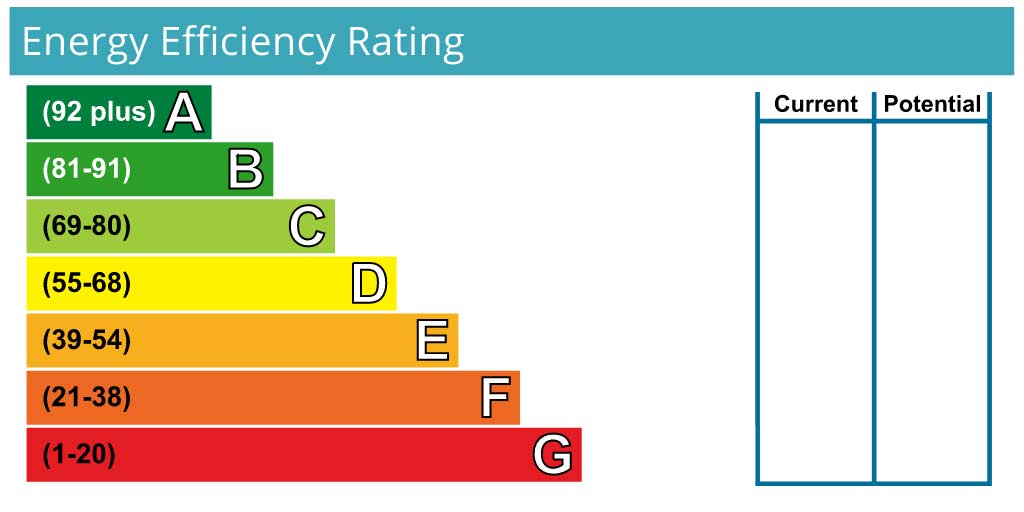This information should not be interpreted as financial, tax or legal advice. Mortgage and loan rates are subject to change.

Categories: epc | second charge
Landlords may have to cover the costs of the government’s Energy Performance Certificate (EPC) proposals with no additional help.
Footing the bill
Blick Rothenberg, a tax and advisory firm, has taken a deep dive into the documentation surrounding the EPC regulations.
Their impression from the evidence is that landlords will have to take on the costs to meet EPC targets without additional funding.
There has previously been speculation from the property sector over what would replace the failed Green Homes Grant.
Their head of property, Heather Powell, commented:
“Government consultation documents offer no hint of grants or other funding for the significant works that many landlords will need to undertake to meet property standards being set by the government.
“The consultations have made it clear that landlords are going to be made to pay for the improvements required. They set out proposals to ban the letting of industrial and commercial buildings which do not have an Energy Performance Certificate of B or above from April 2030 and the letting of homes which do not have an Energy Performance Certificate of C or above from April 2025. The current threshold for all properties is a certification of E.”
Commenting before Christmas, the National Residential Landlords Association branded the minimum £10k price tag for EPC improvements as “unrealistic”.
Landlords unaware
From 2025, all newly rented properties will be required to have an EPC rating of C or above.
Currently, properties only require an EPC rating of E or above. Existing tenancies will have until 2028 to comply with the new rule changes.
New data from UK lender Shawbrook highlights that 15% of over 1,000 landlords they surveyed were unaware of upcoming EPC changes.
A quarter (25%) of respondents had little to no knowledge of the upcoming changes.
The kind of upgrades that can affect an EPC rating take time to organise, so landlords will need to start considering their plans sooner rather than later.
Emma Cox, sales director at Shawbrook Bank, commented:
“The true extent of what this legislation could mean for the market has not yet been properly realised.
“Inaction could see a considerable percentage of the private rental sector declared unrentable or unsellable within a matter of years if landlords don’t take important steps now.
“Making changes to improve a property’s energy efficiency rating will help to improve the overall energy efficiency of the UK housing stock and to assist the government in meeting the ambitious net-carbon zero targets set out earlier this year.”
She goes on to discuss how inactivity could lead to larger void periods and landlords being at risk of owning properties that are no longer commercially viable.
Maeve Ward, director of operations at specialist buy to let lender Mercantile Trust, shared a funding solution landlords may not have considered:
“The upgrade of rental properties to meet EPC requirements is definitely something we advise landlords to prepare for, well ahead of the deadline. If left too close to the time, there may well be a swell in demand, which could result in an increase in the price of materials and labour required to do the necessary work.
“One solution Mercantile Trust can offer, to address this, is to consider second charge borrowing to raise the funds needed for the works. This is especially relevant where landlords are tied in to a preferential fixed rate or have expensive early redemption penalties.
“Second charge borrowing protects the existing buy to let mortgage. So, if you are tied in, you will not be hit by early repayment charges, but can still raise the money you need to upgrade your property.
“When your existing buy to let mortgage is up for review you can look to pay off the second charge with the remortgage.”
Commercial Trust will endeavour to keep its clients up to date with the latest news on the government’s EPC targets and are available to discuss second charge borrowing opportunities.





